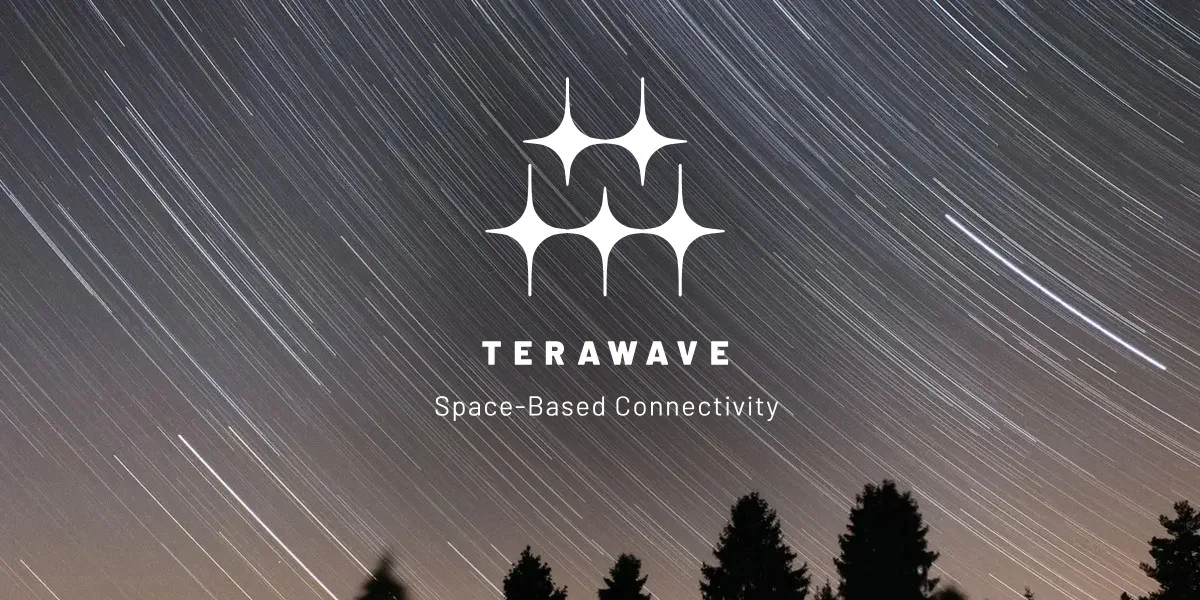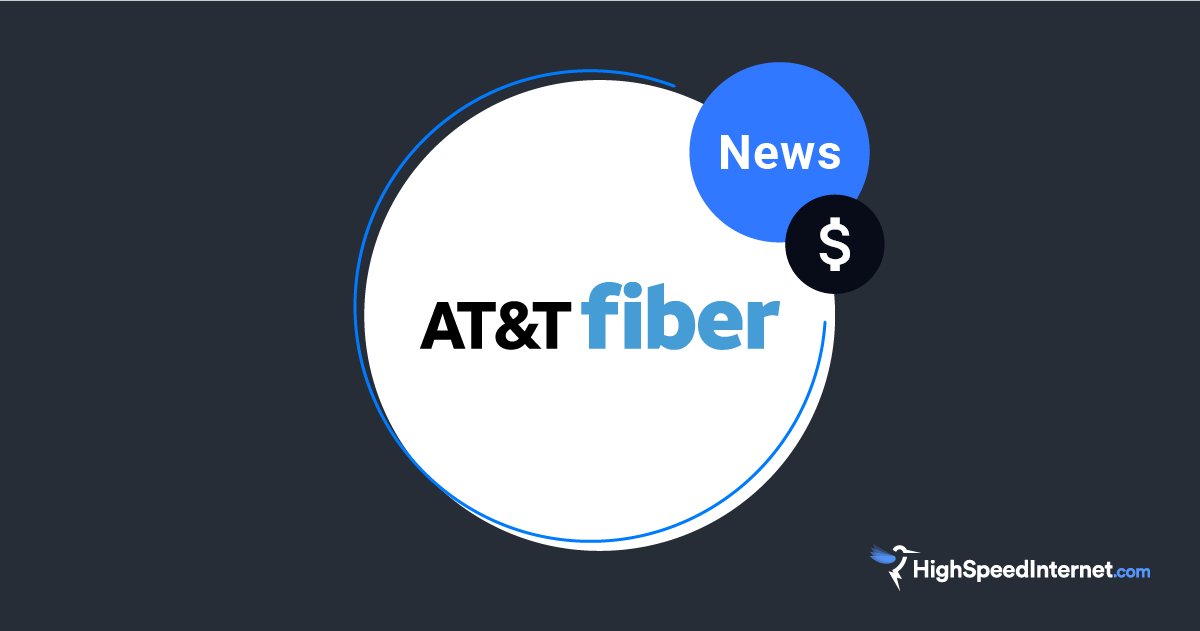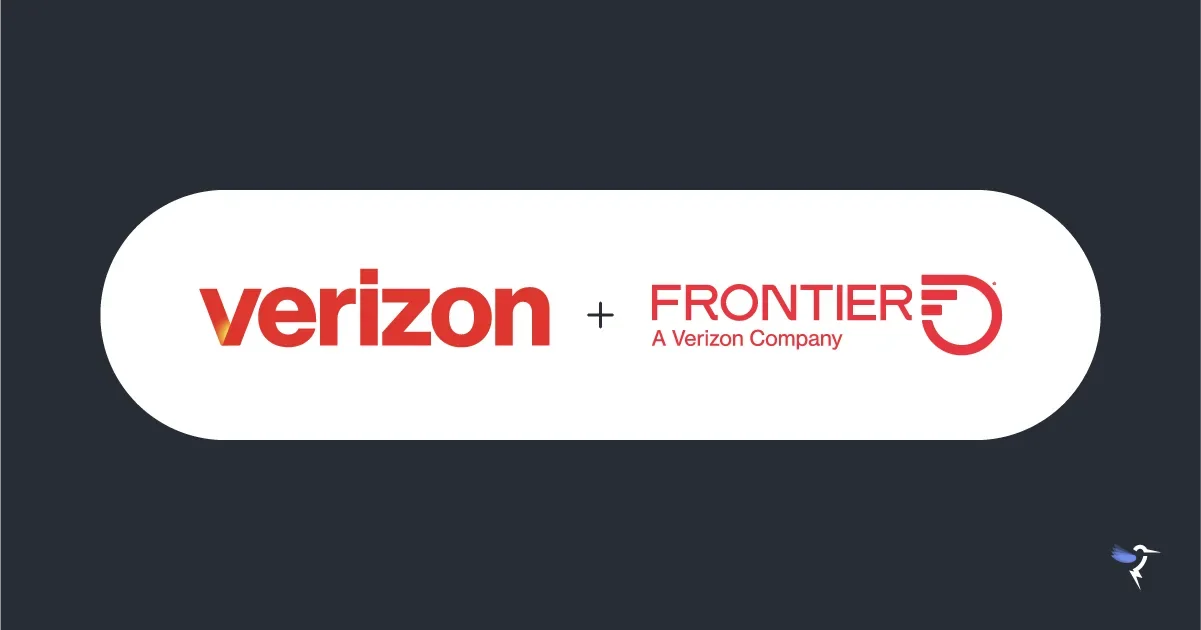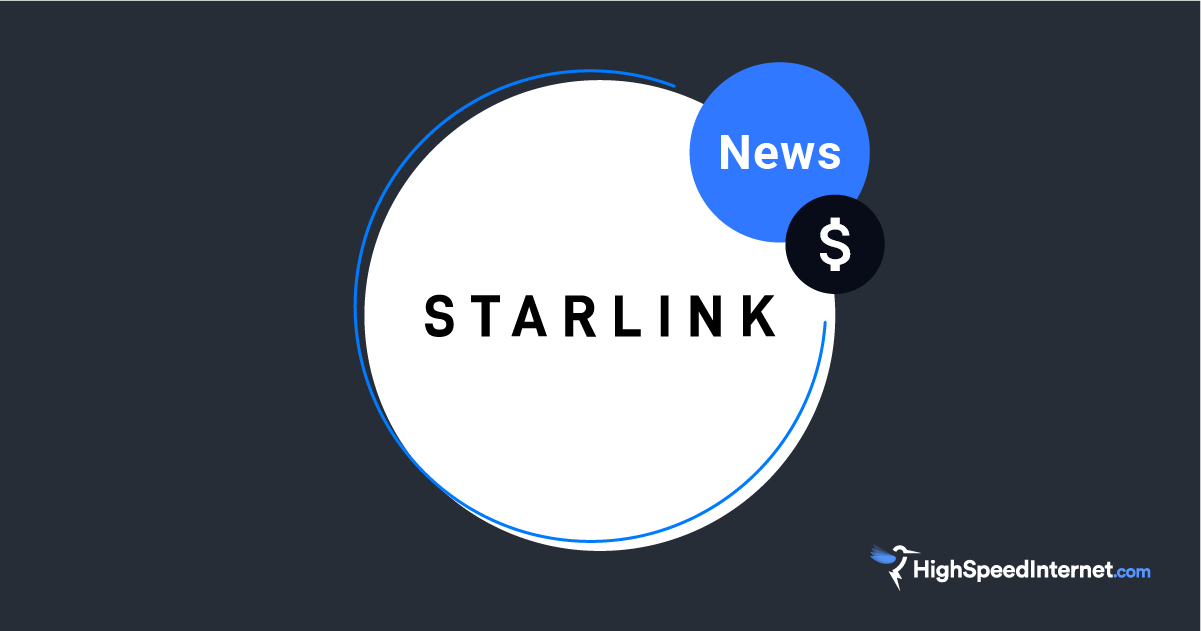Ziply Fiber To Keep Prices Low Even After Foreign Acquisition
The Ziply name won't change, but expansion could accelerate
Nov 6, 2024 | Share
News
A Canadian communications company is poised to buy Ziply Fiber for $5 billion in cash, plus $2 billion in debt. The deal is expected to close in the second half of 2025, pending regulatory approvals and closing conditions.
But will the Bell Canada acquisition mean the end of sweet deals on fiber internet service for households across Oregon, Washington, Idaho, and Montana?
Probably not, according to reporting from The Coeur d’Alene/Post Falls Press. The Ziply Fiber name, brand, and leadership are expected to remain. The same plans will be on offer, too, with prices starting at $20 per month for the first year (with an additional $10 off for the first three months).
Screaming fast multi-gig plans from Ziply Fiber are also likely to remain available, with speeds up to 50Gbps. Most households won’t need speeds anywhere near that fast (and you can’t them through normal online checkout), but the offering does give Ziply Fiber some considerable bragging rights.
Ziply Fiber uses promotional pricing and charges for Wi-Fi equipment on most of its plans, so those low prices will go up after the first year to standard rates. No one likes an internet price hike, but it’s not all bad. Those standard rates are still a good deal.
Here’s a quick look at Ziply Fiber plans and prices in the first year and beyond.
Ziply Fiber internet plans
| Plan | Introductory price | Standard rate |
|---|---|---|
| Fiber 100/100 | $20.00/mo.* | $45.00/mo.* |
| Fiber 300/300 | $30.00/mo.* | $65.00/mo.* |
| Fiber Internet Gig | $50.00/mo.* | $50.00/mo.* |
| Fiber Internet 2 Gig | $60.00/mo.* | $95.00/mo.* |
Data as of 11/5/2024. Offers and availability may vary by location and are subject to change.
*For new residential customers only. No annual contract required. Prices shown are before taxes and fees and require autopay and paperless billing.
Ziply Fiber doesn’t require contracts or enforce data limits, but you may have to pay $15 per month if you want to rent the company’s Wi-Fi equipment.
Zipy Fiber usually waives its $90 installation fee, but check your broadband label during the checkout process to find out if you’ll be charged.
Ziply Fiber’s footprint and expansion plans
Ziply Fiber bought up Frontier’s Northwest fiber network in 2020 and immediately made half a billion dollars worth of immediate network improvements and upgrades. Since then, it has acquired a handful of smaller internet providers and grown its original fiber network to pass more than 1.3 million addresses. The company plans to reach a total 3 million addresses with fiber in the next four years, according to a press release from the company.
If the Bell Canada deal goes through, Ziply Fiber could expand even faster and bring fiber to more communities than originally planned, Ziply Fiber Senior Vice President Dan Miller told the local newspaper.
In addition to its residential fiber internet network, Ziply Fiber serves business and enterprise customers throughout the region. It also owns the Northern Link Route, a 400 gig long-haul transport route that connects Portland, Seattle, Spokane, Missoula, Billings, Minneapolis, Chicago, and several cities in between.
The fiber route is a fast, low-latency way for internet traffic to get from Asia to Chicago by way of Seattle, and it’s entirely underground. Before the line was built, that traffic went through Canadian fiber lines.
What does it all mean for Ziply Fiber customers?
We don’t expect plans or prices to change if Ziply Fiber gets a new owner, but Ziply Fiber customers can be confident in the quality of their network.
New investment, expansion plans, and a focus on redundancy with projects like the Northern Link Route mean better speeds and reliability for everyone.
Fiber internet from Ziply Fiber is affordable, it’s reliable, and it’s the fastest internet in the PNW. But in some places, you may be limited to Ziply Fiber’s DSL network. That tech is slow and outdated, and the plans start at $50 per month.
If that’s you, consider cable internet alternatives, such as Xfinity, Spectrum, or Astound, or 5G home internet from Verizon or T-Mobile.
Ready to compare and save?
Enter your info for a list of internet providers in your neighborhood.
Author - Chili Palmer
Chili Palmer covers home tech services, with a special focus on understanding what families need and how they can stay connected on a budget. She handles internet access and affordability, breaking news, mobile services, and consumer trends. Chili’s work as a writer, reporter, and editor has appeared in publications including Telecompetitor, Utah Business, Idaho Business Review, Benton Institute for Broadband & Society, and Switchful.com.
Editor - Jessica Brooksby
Jessica loves bringing her passion for the written word and her love of tech into one space at HighSpeedInternet.com. She works with the team’s writers to revise strong, user-focused content so every reader can find the tech that works for them. Jessica has a bachelor’s degree in English from Utah Valley University and seven years of creative and editorial experience. Outside of work, she spends her time gaming, reading, painting, and buying an excessive amount of Legend of Zelda merchandise.



